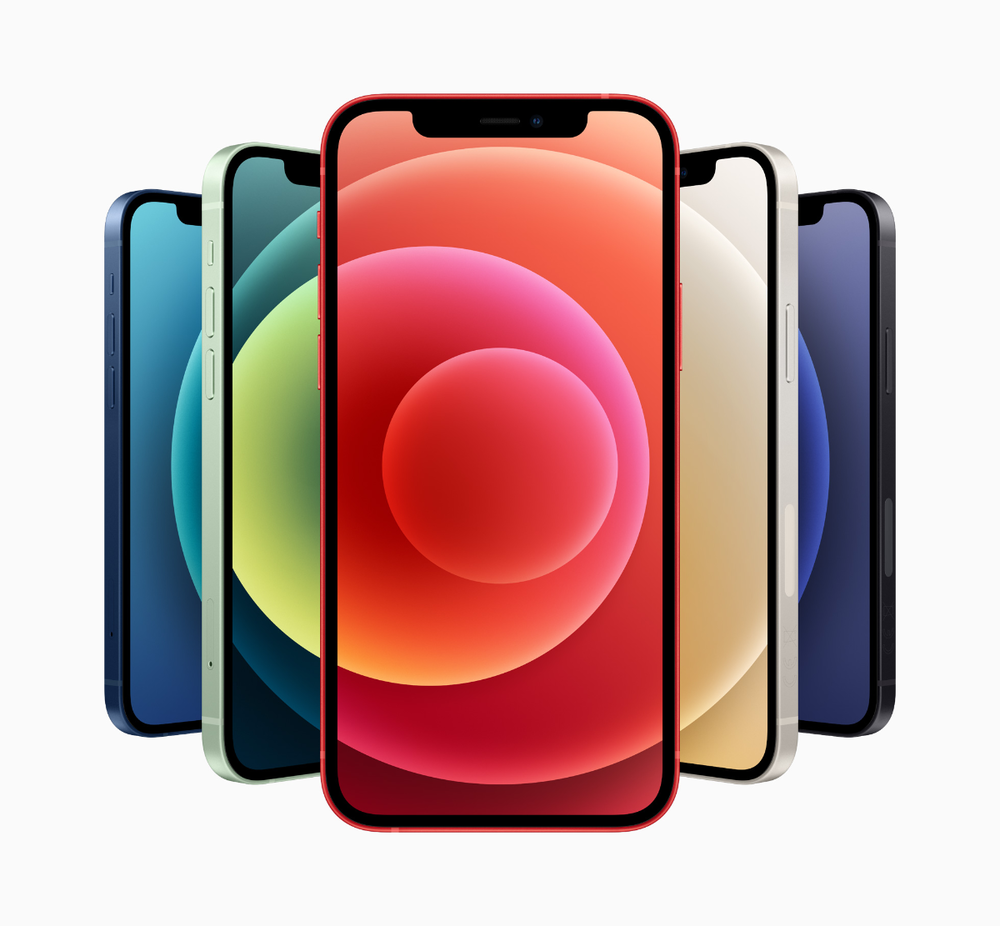With the roll-out of the iPhone 12 mini, iPhone 12, iPhone 12 Pro, and iPad Pro Max, Apple also unveiled a new Ceramic Shield front cover, which the company says is “the biggest jump in durability ever on iPhone.”
So does the tech giant recommend using a screen protector with the new smartphones, or does it think that the iPhone 12s are durable enough without one? I’ve submitted the question to Apple, but have yet to receive an answer.

Here are Apple’s own words on the new iPhone designs and the Ceramic Shield: The elevated new design of the 6.1-inch iPhone 12 and 5.4-inch iPhone 12 mini are as beautiful as they are durable. And iPhone 12 mini is the smallest, thinnest, and lightest 5G smartphone in the world, re-architected to pack all the technology of iPhone 12 into a delightfully compact size, while still delivering an impressively large and immersive edge-to-edge display. Both models feature a sleek new flat-edge design with an aerospace-grade aluminum enclosure and combined with the Ceramic Shield front cover, which goes beyond glass by adding a new high temperature crystallization step that grows nano-ceramic crystals within the glass matrix, increases drop performance by 4x.
Designed with premium materials, iPhone 12 Pro models boast a new, sophisticated flat-edge design that features a gorgeous surgical-grade stainless steel band paired with a precision-milled matte glass back, and introduces the incredibly durable Ceramic Shield. The Ceramic Shield front cover, tougher than any smartphone glass, goes beyond glass and is infused with nano-ceramic crystals to dramatically improve toughness and increase drop performance by 4x.
According to Corning, which co-developed the Ceramic Shield with Apple ceramics can be thought of as the close cousin of glass. Both materials are inorganic. Both have many useful physical properties and are formed via high-temperature processes. And with the right composition and forming, both can be extremely hard and resistant to thermal shock, suitable for use in harsh environments like outer space.
Corning says the primary difference between glass and ceramics centers on the chemical bonds that hold the internal structure of the material together. Unlike glass, in which atoms are arranged in a random order, linkages in ceramic materials happen when positive and negative ions bond to form a regular pattern of crystals — which, in turn, can scatter the light to which they are exposed. This phenomenon usually results in an opaque material, rather than transparent, although there are examples of transparent ceramics.

Halfway between the two materials is glass-ceramics, which start life as glass and then transform into a nearly completely crystalline, or ceramic, substance. Corning says this happens under an intense application of carefully controlled heat and the addition of a nucleating agent that forms “seeds” around which crystals can grow.
Apparently, the new iPhones use glass-ceramics. If they’re tougher, that’s great, but repairing a broken Ceramic Shield will cost more. How more much? About US$80 compared to repairing a broken shield on an iPhone 11.
Besides the use of the Ceramic Shield, Apple says that “there’s one more thing that contributes to the durability of the front cover. It sits flush to the edge of the phone, which helps protect it even more. Altogether, we’ve quadrupled the drop performance — the largest year-over-year improvement ever for iPhone.”
But back to the original question: do you need to purchase an addition screen protection to an iPhone 12 mini, iPhone 12, iPhone 12 Pro, or iPhone 12 Pro Max. My opinion right now is “not necessarily, but it couldn’t hurt.”
(Dennis Sellers has been covering the Apple industry since 1996. In addition to“Apple World Today,” he also runs his own freelance writing/editing service. If you want more info about the latter, email him at dennis.sellers@comcast.net.)
